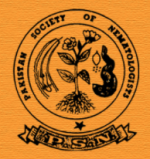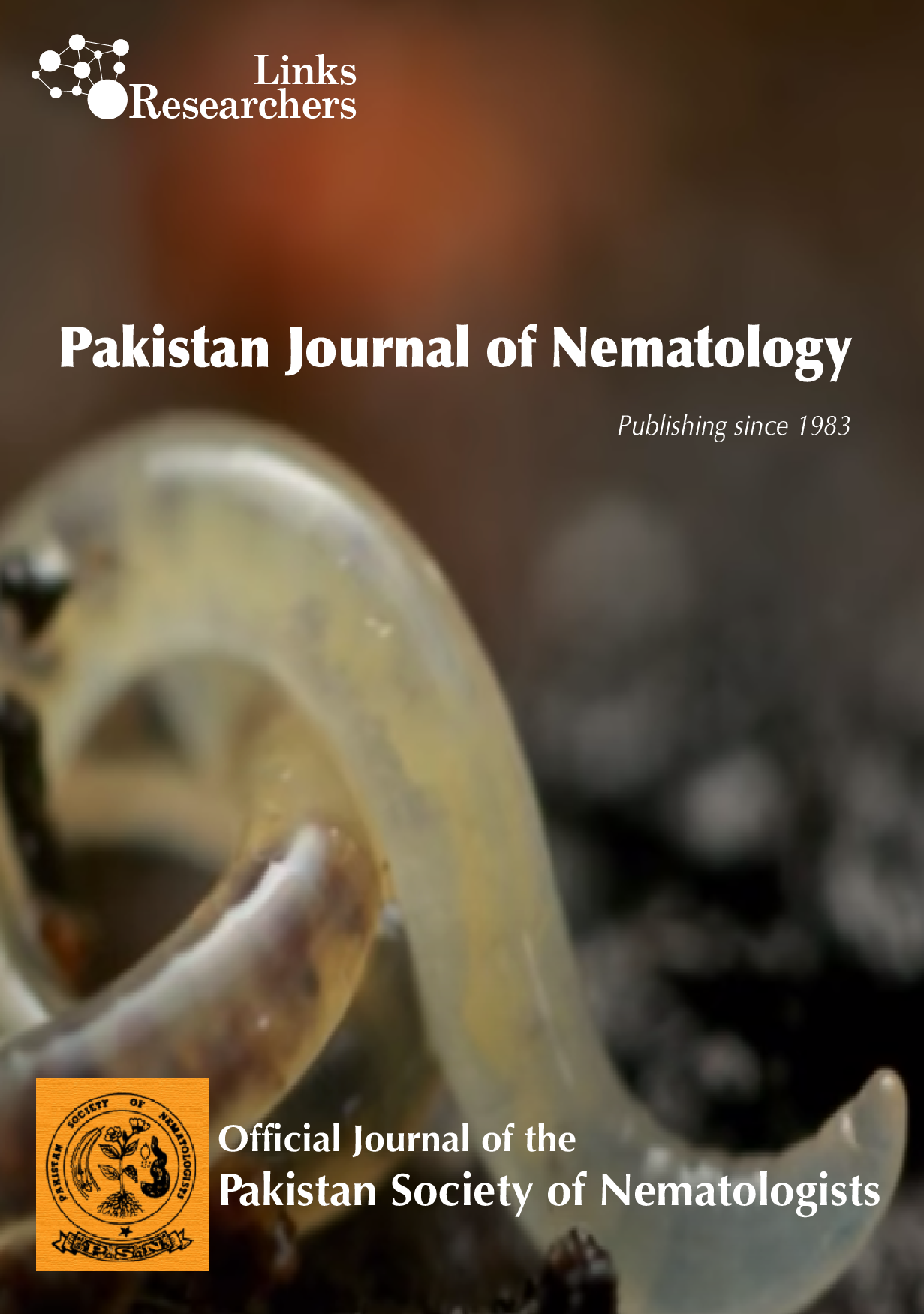Organic Amendments Increase the Growth, Resistance and Management of the Root-Knot Nematode, Meloidogyne arenaria in Arachis hypogaea L.
Organic Amendments Increase the Growth, Resistance and Management of the Root-Knot Nematode, Meloidogyne arenaria in Arachis hypogaea L.
Eman Abdelrazik1, Sahar H. Abdel-Baset2*, Abdelghafar M. Abu-Elsaoud3,4 and Shimaa M.A. Mohamed5
ABSTRACT
One of the greatest barriers to the production of peanut crops is plant-parasitic nematodes, which are the most destructive pathogens that affect peanuts globally. A survey of plant-parasitic nematodes (PPNs) in peanuts was conducted in Ismailia, Egypt. The host suitability of four Egyptian peanut cultivars for Meloidogyne arenaria cultivation under greenhouse conditions was also examined. Additionally, the effects of fulvic acid, compost, and cattle manure, either alone or in combination, as well as the nematicide Fosthiazate 10% G, on peanut growth, biochemical parameters, and the management of M. arenaria were examined. Seven PPN genera were linked to peanut roots according to the results. These genera were Meloidogyne. (88%), Tylenchorhynchus (25%), Helicotylenchus (23%), Rotylenchulus and Xiphinema (4%, each), in descending order. The findings indicated that peanut cvs. Ismailia-1 and Ismailia-2 were susceptible; however, Giza-5 and Giza-6 were highly susceptible to M. arenaria. The growth of peanuts and the formation of nodules were greatly enhanced by organic amendments, either alone or in combination, improving plant tolerance. The organic amendment treatments significantly reduced the number of galls, root egg masses/root and nematode population (J2s) in the soil, while fosthiazate resulted in the greatest reduction. All the treatments markedly increased the enzymatic antioxidant enzyme activity in peanuts relative to the control, i.e., peroxidase, catalase, phenylalanine ammonia-lyase, chitinase, β-1,3 glucanase, and total phenolic activities. The integration of several techniques, including fulvic acid, compost, and cattle manure, might have a substantial effect on enhancing peanut development, biochemistry, and the ability to resist and control M. arenaria.
To share on other social networks, click on any share button. What are these?





